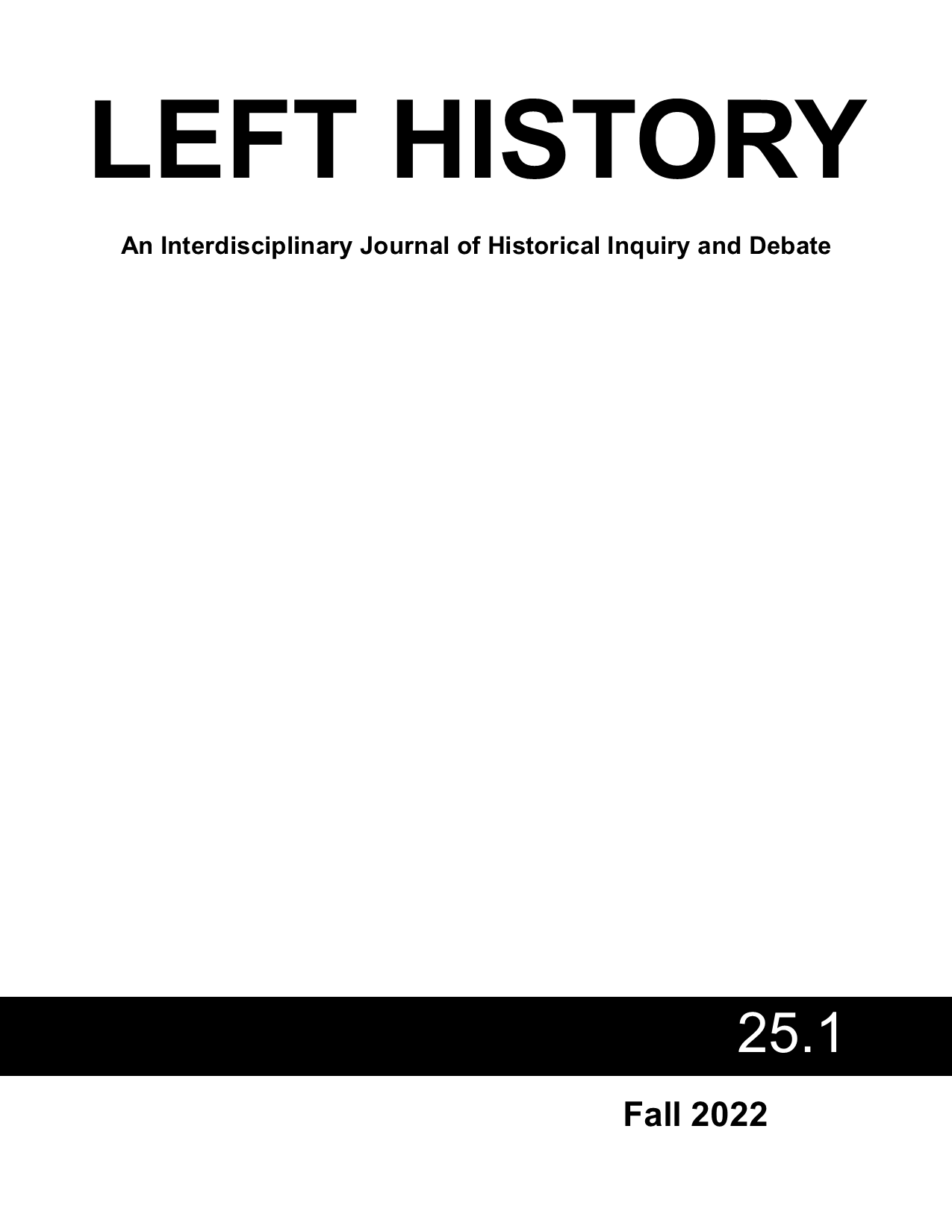Defining the Civilian: The International Committee of the Red Cross’ Response to Crisis in Bosnia, 1992–1995
DOI:
https://doi.org/10.25071/1913-9632.39655Abstract
This article explores how the International Committee of the Red Cross defined non-combatants during the Bosnian War (1992–1995) and how those definitions contributed to a counter-narrative that disrupts familiar conceptualizations of the war as exclusively ethnic. Through an examination of Red Cross press releases, I argue that the Red Cross defined identity primarily based on individual experiences with violence and/or transnational constructions of vulnerability in war based on age and gender. This is largely in contrast to Western politicians and journalists who repeated the language of ultranationalist leaders and relied on ethno-nationalist categories to describe non-combatants. By examining the discursive practices of the Red Cross, historians have an opportunity to further understand why some communities and individuals experienced violence, and participated in the war, in ways counter-intuitive to the nationalist discourse.
References
N/A
Downloads
Published
Issue
Section
License
Copyright (c) 2022 Helen Kennedy

This work is licensed under a Creative Commons Attribution-NonCommercial-NoDerivatives 4.0 International License.
This work is licensed under a Creative Commons Attribution-NonCommercial-NoDerivatives 4.0 International License. Authors retain copyright of their work. Any uses not covered by the license require permission from the rightsholder. We ask that republication and reuse of content cite the original publication in Left History.
Left History and its trademark are held under the copyright of the journal, which is published in the York University Department of History. Left History is committed to Open Access by publishing articles online under a CC BY-NC-ND 4.0 license.


